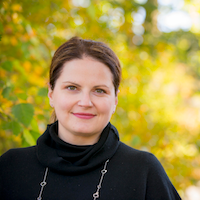For anyone living in the Northeast, this will come as no news to you: It’s flipping freezing outside. Temperatures have been downright frigid since Mother Nature’s how-much-snow-can-I-dump-on-Boston experiment began about six weeks ago. Drawing pedagogical inspiration from their surroundings, elder daughter’s preschool class has been engaged in a unit exploring what plants and animals do when it’s cold out. Along the way, they’ve learned that some animals hibernate, some migrate, and others “tough it out.” One of my favorite examples of toughing it out are 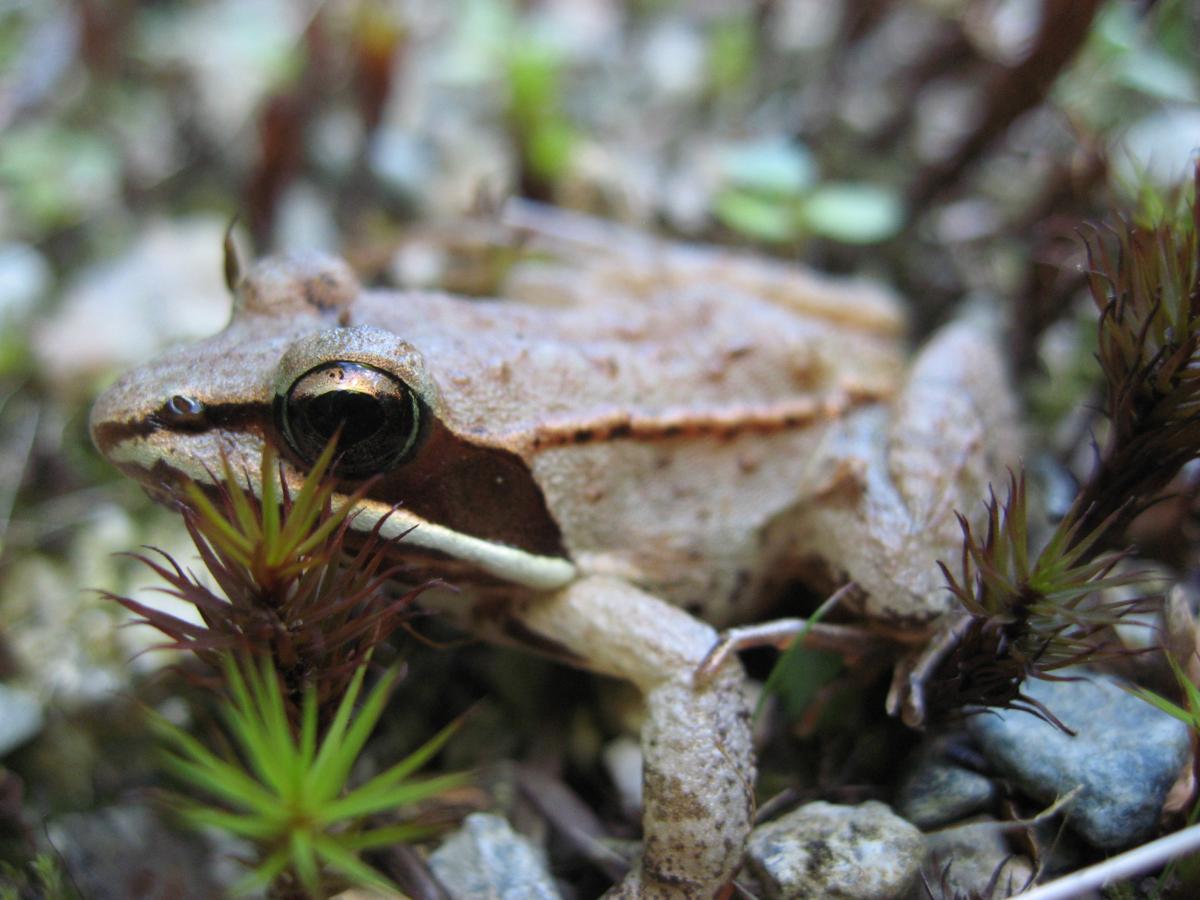 the animals that just go ahead and freeze solid. How cool is that? Answer: ridiculously cool…freezing, even. Why am I talking about this? Because the adaptations that enable an animal, such as the common wood frog, to endure weeks or even months (months!) of total suspended animation boggle my mind, and yet there are many out there that would consider this little frog, if not all amphibians, somehow less complicated and less evolved than mammals. And that’s the misconception we’re going to tackle today.
the animals that just go ahead and freeze solid. How cool is that? Answer: ridiculously cool…freezing, even. Why am I talking about this? Because the adaptations that enable an animal, such as the common wood frog, to endure weeks or even months (months!) of total suspended animation boggle my mind, and yet there are many out there that would consider this little frog, if not all amphibians, somehow less complicated and less evolved than mammals. And that’s the misconception we’re going to tackle today.
Misconception: Evolution favors increasing complexity.
Correction: Not only does evolution not favor increasing complexity, but also what the heck is complexity, anyway?
There are really two intermingled issues wrapped up in the idea that evolution proceeds towards more and more complex organisms. The first problem is that we tend to equate “more complex” with “better.” (Don’t believe me? Check out the ridiculous gadgets from this year’s consumer electronics show. I guarantee you’ll want to throw out your grill in favor of this one. Why? It sure isn’t because it’ll cook a better burger!) So what is complexity, anyway? Are we talking complex in terms of number or types of cells? I guess, then, that an animal would be more complex than a bacterium, but if we’re talking complex in terms of sheer numbers, diversity, reproductive capability, or general worldwide domination, then the bacterium will win every tim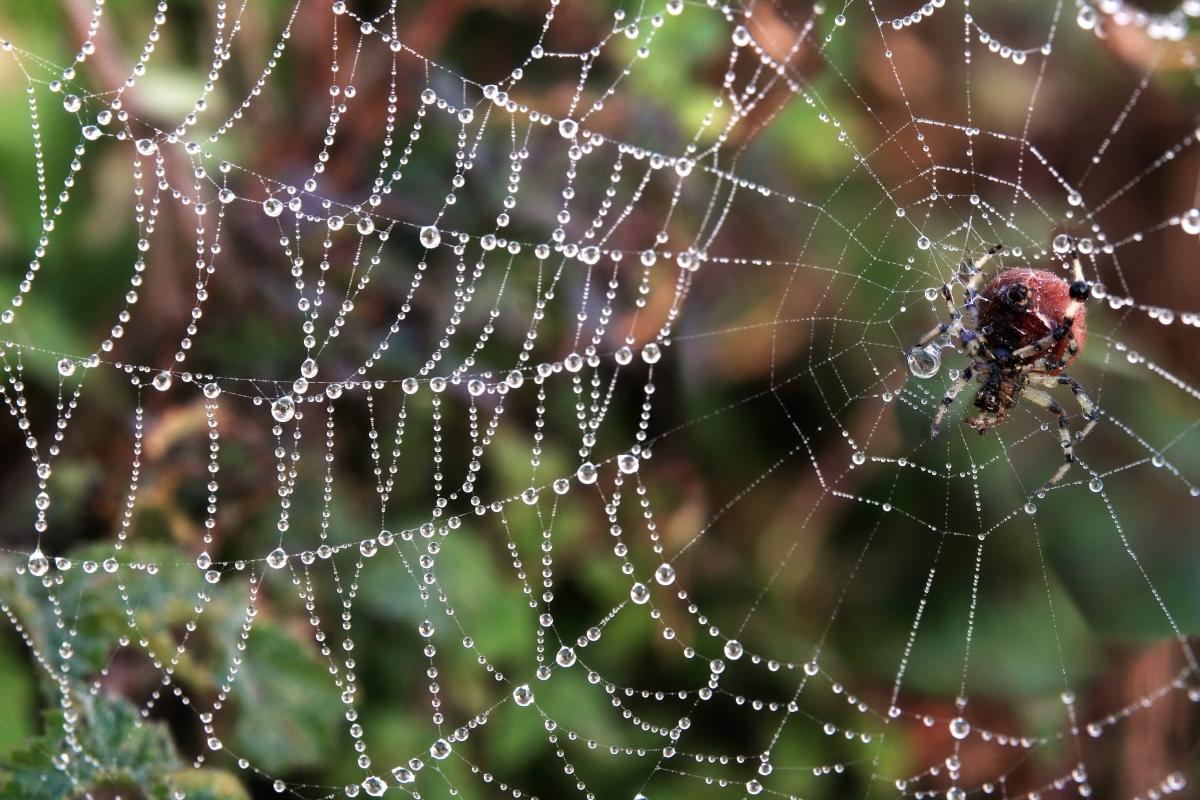 e.
e.
The misguided ladder of life model of evolution has come up many times in this blog. I hope by now that we can all agree that a common wood frog is not somehow less evolved or less complex than something like a cat or a human just because amphibians evolved further back in evolutionary time than did mammals. I have said this before, but I’ll say it again: Sea cucumbers must look at us and think, “Those poor creatures. Can’t even spew their own guts out. What simpletons.”
So not only is complexity in t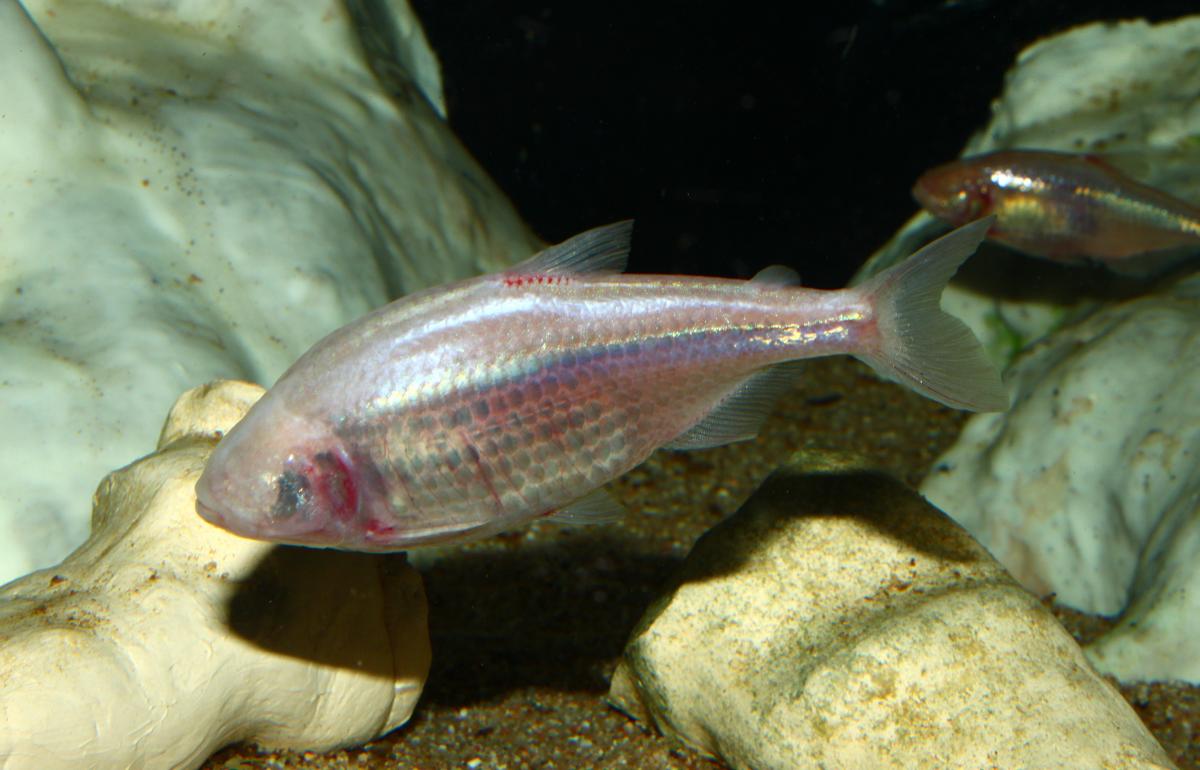 he eye (if applicable) of the beholder, but the yardstick changes depending on how you are defining complexity. Humans may have bigger and more complex brains than a spider, but our silk-spinning organs are decidedly inferior. It’s also worth mentioning that along some lineages, complex traits have been lost (think snakes or cave fish or many parasites). So clearly, there is no inherent drive toward ever-increasing complexity; sometimes simpler gets the job done.
he eye (if applicable) of the beholder, but the yardstick changes depending on how you are defining complexity. Humans may have bigger and more complex brains than a spider, but our silk-spinning organs are decidedly inferior. It’s also worth mentioning that along some lineages, complex traits have been lost (think snakes or cave fish or many parasites). So clearly, there is no inherent drive toward ever-increasing complexity; sometimes simpler gets the job done.
But just for the sake of argument, let’s agree on a particular definition of complexity, in terms, say, of number of different cell types or specialized structures like organs. Can we then say that evolution has generally resulted in more complex life forms over time? I mean, a few billion years ago, it was all bacteria all the time, but later you get specialized membrane-bound organelles, and then multicellular life, and then all kinds of crazy stuff! Isn’t that a general trend toward increasing complexity? Isn’t it undeniable that the average complexity of organisms alive tod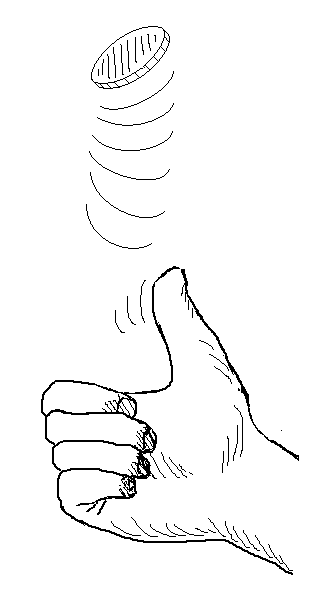 ay is greater than the average complexity of organisms alive 3.5 or so billion years ago no matter how you define it? Come on, Stephanie! You can’t say that isn’t true!
ay is greater than the average complexity of organisms alive 3.5 or so billion years ago no matter how you define it? Come on, Stephanie! You can’t say that isn’t true!
Okay, I won’t say it isn’t true…but I will say that it’s not because evolution has some kind of inexorable internal drive toward greater complexity. Think of this: Say you’re at a casino and are seated at the coin toss table (just go with it) and you’re told that every time the coin lands heads you get a penny, and every time it lands tails nothing happens. You are given $0.01 to start and can’t get ten tosses. Here’s what you throw: tails, tails, tails, tails, tails, heads, tails, tails, heads, heads. You end up with $0.04 and declare yourself the world’s best coin tosser! But are you? You won only because you pretty much couldn’t lose. (In fact, you could argue that you did lose since, based on an entirely random set of tosses, you’d be expected to have ended up with $0.06.)
Here’s the point: the fundamental reason that the average complexity of organisms is greater today than it was when life first began is that, short of a restart following a worldwide total extinction, it was impossible to get any less complex. In his book Full House (1996), Stephen Jay Gould famously likened evolution’s increase in complexity to a random walk. Gould argued that since life started at a “left wall of minimum complexity”—meaning that it couldn’t have gotten get any simpler than a bacterium—evolution had to result in a net increase in complexity over time. So it's not that evolution has favored more complex organisms over time, but rather, every now and then, a more complex lifeform arose that bumped the average up a bit. Another way to think about it: If it were true that there was something inherently superior in being complex, why are human cells outnumbered 10:1...in our own bodies? I think it's safe to say that we are never leaving the Age of Bacteria, no matter how much hand sanitizer we use.
Have an idea for a future Misconception Monday or other post? See some good or bad examples of science communication lately? Drop me an email or shoot me a tweet <at>keeps3.

